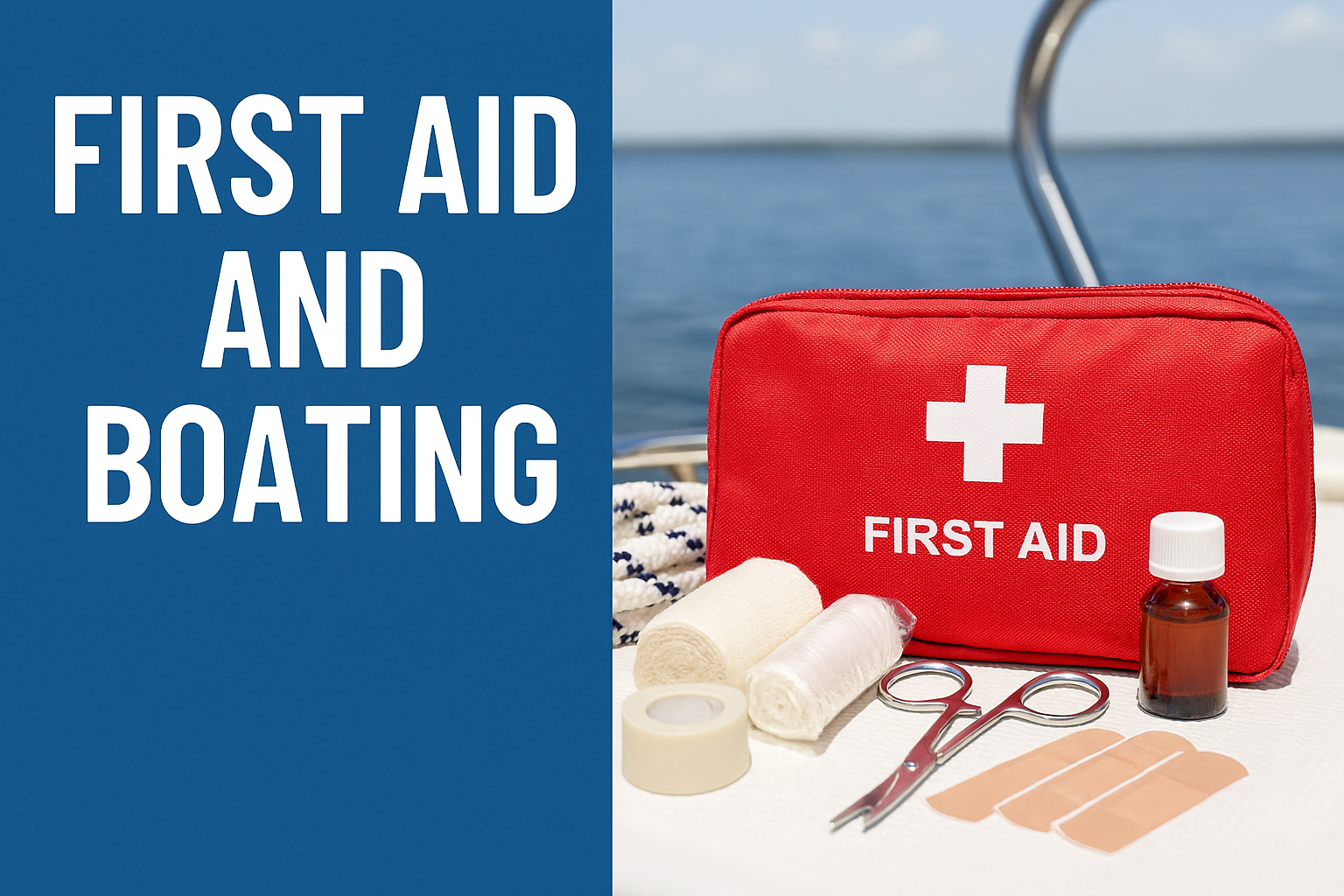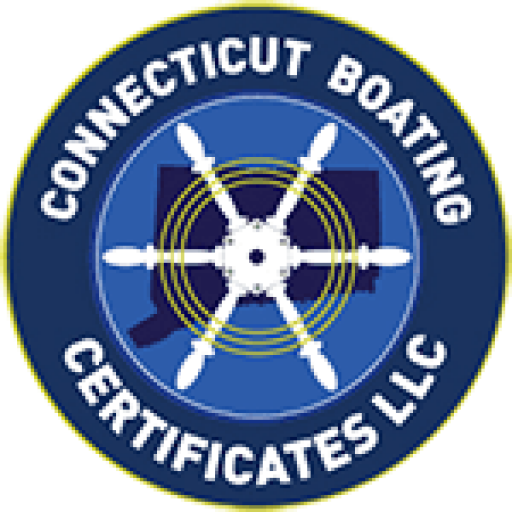Call: 1-800-832-7191
First Aid and Boating

First Aid and Boating: Why Every Boater Needs to Be Prepared
Boating offers freedom, adventure, and relaxation. However, first aid and boating must go hand in hand to ensure safety. Whether you’re cruising a lake or navigating coastal waters, accidents can happen. Cuts, burns, dehydration, or even more serious injuries may occur. Being prepared with first aid knowledge and supplies can make all the difference.
Common Boating Injuries and How to Respond
Boaters often face unique risks. Slippery decks, sharp equipment, and sun exposure increase the chance of injury. Quick response is critical. For example, a minor cut can become infected without proper cleaning. Burns from engine parts or cooking equipment need immediate cooling and dressing. Dehydration and heat exhaustion are common in summer. Recognizing symptoms early helps prevent escalation.
Always carry a stocked first aid kit. Include bandages, antiseptics, burn cream, tweezers, and seasickness remedies. Add sunscreen and aloe for sun-related issues. A waterproof case keeps supplies dry. Check your kit before each trip. Replace expired items and restock essentials. Preparation saves time and reduces panic during emergencies.
First Aid and Boating: Essential Skills for Every Captain
Every boat operator should know basic first aid. CPR, wound care, and heat illness treatment are vital skills. Take a certified course if you haven’t already. Many boating safety programs include first aid training. These skills empower you to act confidently when someone gets hurt.
Communication is also key. Know how to contact emergency services from the water. A VHF radio is more reliable than a cell phone offshore. Learn how to give your location clearly. Practice emergency drills with your crew. Everyone should know where the first aid kit is and how to use it.
Check out the Red Cross page on training
Building a Safety Culture on Board
Safety starts with awareness. Discuss first aid procedures before leaving the dock. Assign roles in case of emergency. Encourage passengers to speak up if they feel unwell. Prevention is better than cure. Hydrate regularly, wear sun protection, and avoid risky behavior.
Children and elderly passengers may need extra attention. Keep them shaded and hydrated. Watch for signs of fatigue or overheating. Provide life jackets that fit properly. A safe boat is a happy boat. When everyone feels secure, the trip becomes more enjoyable.
Staying Updated and Informed
First aid guidelines evolve. Stay current with best practices. Subscribe to boating safety newsletters or follow trusted organizations. The Red Cross and Coast Guard offer excellent resources. Regular refreshers help you retain knowledge and stay sharp.
Technology can help too. Download first aid apps for quick reference. Some apps offer step-by-step instructions and emergency contact info. These tools support your decision-making during stressful moments. Combine tech with training for the best results.
Take me back to the Boaters Blog at Connecticut Boating Certificates.
